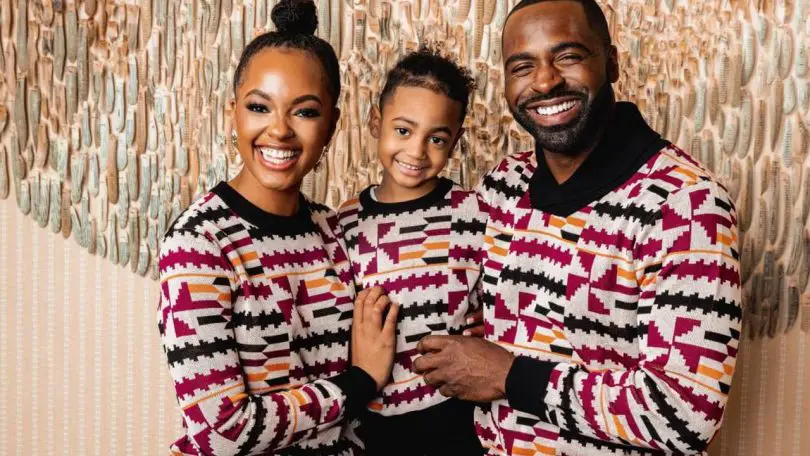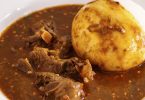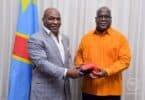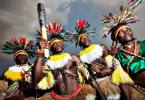Adding African culture to your wardrobe just got easier with D’IYANU, a stylish, African-inspired clothing brand. Known for its daring African prints and vibrant aesthetic, it offers different varieties.
One of them is kente printed ensembles and whimsical Ankara silhouettes for men, women, and children who want to celebrate African culture in style.
While African fashion has a story to tell, D’IYANU has a special one.

D’iyanu owner. Photo/Natural Hair Mag
Is D’IYANU Black-Owned?
Nigerian-born Addie Elabor owns D’IYANU. It’s a ready-to-wear bold print clothing line that offers quality, trendy African-inspired fashion at affordable prices. With her love for fashion and passion for self-expression through unique clothing, Elabor launched the brand in 2014.
It is a brand filled with fun, bold, chic line centred on inspiring individuals to dress boldly and beautifully. Her company tailors all garments with great attention to quality.
What Does the Name D’IYANU Mean?
The “D'” means “of” or “from” in French, whereas “IYANU” means “miracle” or “wonderful” in the Yoruba language. This quite fitting for the aesthetic of the pieces Elabor designs and how she wants people to feel while wearing her designs.
She wants people to feel beautiful and empowered and feel they’re a part of the larger purpose of uplifting our communities.
Elabor chose that name to remind her customers that God created them wonderfully, so they should dress to reflect that.
How Did D’IYANU Start?
Elabor was unhappy with her job as a buyer for a lab supply company, so she needed a change.
During this time, Elabor and a friend discovered how African print clothing was becoming popular. However, there was no leading clothing brand for African style that had garments for both men and women. Also, they discovered, that no business allowed customers to shop online for African print style clothing.
Although she did not have a background in fashion, Elabor had a degree in international business and marketing. She was motivated and did research on how to start a fashion company and, in 2014, Elabor quit her job and used her savings to start her brand.

D’iyanu. Photo/Hellobeautiful
D’IYANU began with six products for women, today they sell men’s and children’s products as well.
It now creates all the prints that appear on the outfits. The clothing is available in a variety of styles, from formal to athleisure, and can be delivered both nationwide and overseas.
The company was profitable in its first year, which is unusual for most companies. Elabor credits her success in completing a course on creating Facebook ads, which helped her to attract an audience fast.
Elabor’s brother, Dara, 2016 joined her as president and partner for D’IYANU, which has been invaluable to the company’s growth over the years.
During the pandemic, the fashion line saw a decline in sales after COVID-19 shut down the country in March. It immediately shifted its focus to mask manufacturing, which helped the company recover from its slump and attract more customers to its core products.
Today, it is more than just a fashionable clothing line; it prioritizes giving back to Black communities. The brand has donated a portion of its sales to organizations that offer clean water to remote African villages and healthcare to West African countries since its second year of operation. Last year, the firm gave 20,000 masks to groups that were assisting communities with combating COVID-19.
Since its launch in 2014, D’IYANU increased in popularity alongside the growing interest in African print clothing all over the world. According to Elabor, with the release of the Black Panther in 2018, business for D’IYANU has been going strong, as excited moviegoers showed up to watch the film wearing African prints from head to toe.
Soon, Elabor wants to have a bigger impact on the Black and African communities. She hopes to partner with fabric factories in Ghana to manufacture the fabrics and produce the clothing for her brand D’IYANU.
While Elabor’s journey as an entrepreneur has only just begun, she’s learned a great deal about owning a business as a Black woman and hopes to share her experiences with others. She advises Black women not to pay attention to the list of obstacles against them, but rather focus on reading stories of other successful Black women entrepreneurs and believing that they have what it takes to succeed.








